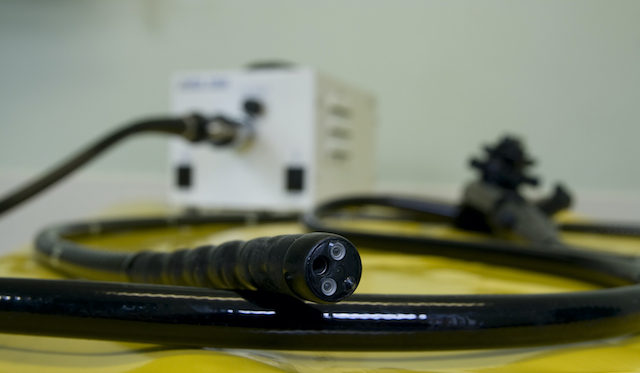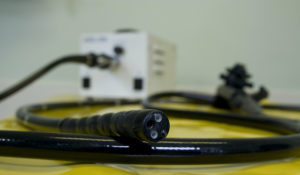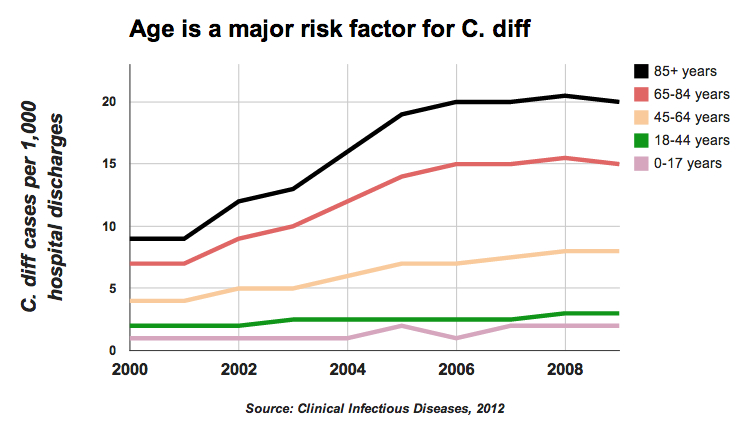
 Fecal microbial transplant (FMT), also known as stool transfer or stool transplant or fecal transplant, is a revolutionary treatment for C. diff patients that is constantly evolving. While the treatment at one time required a colonoscopy, there are now other options. In the following interview, C. Diff In 30 Minutes author and Harvard Medical School Professor J. Thomas Lamont discusses new FMT stool transfer methods.
Fecal microbial transplant (FMT), also known as stool transfer or stool transplant or fecal transplant, is a revolutionary treatment for C. diff patients that is constantly evolving. While the treatment at one time required a colonoscopy, there are now other options. In the following interview, C. Diff In 30 Minutes author and Harvard Medical School Professor J. Thomas Lamont discusses new FMT stool transfer methods.
Question: In an earlier update to C. Diff In 30 Minutes, you introduced the concept of FMT, using stool transfers from family members. In the new second edition, you describe the stool transfer `methods evolving significantly. How so?
Lamont: In the past, FMT required a stool donor, typically a family member, who was free of any infections and who was willing to donate a stool that was used to prepare a treatment for recurrent C. difficile. A suspension of the donor stool was injected into the patient with recurrent disease via the colonoscope. This was highly effective treatment but many patients were not happy to have a solution of feces introduced into their body.
The current FMT treatment does not require a stool donor or the injection of fresh feces. Instead the treatment involves injection at the time of colonoscopy of frozen feces in capsules provided from a biotech company. This form of treatment can also be administered orally, or by swallowing the capsules thus avoiding the necessity of a colonoscopy.
Question: Recurrent C. diff sounds terrible for patients and their families. Is there any hope for managing this condition?
Lamont: I tell all my patients with recurrent C. difficile that we can provide effective treatment using several techniques. More than 90% of patients with recurrent C. difficile can be effectively managed by FMT as described above.
Another small percentage of patients who fail FMT or do not wish to have it can be managed by daily dosing with small amounts of vancomycin which prevent recurrent disease. These patients do not have any symptoms of diarrhea or abdominal pain and can lead a normal life simply by taking a single 125 mg dose of vancomycin every day.
Disclaimer: This publication is designed to provide accurate and authoritative information in regard to the subject matter covered. Nothing in this publication is intended to constitute medical advice, a clinical diagnosis, or treatment. The information in this publication is not intended as a recommendation or endorsement of any specific tests, products, procedures, opinions, or other information that may be mentioned. The information provided herein should not be used during any medical emergency or for the diagnosis or treatment of any medical condition. A licensed medical professional should be consulted for diagnosis and treatment of any and all medical conditions. Call 911 for all medical emergencies.
